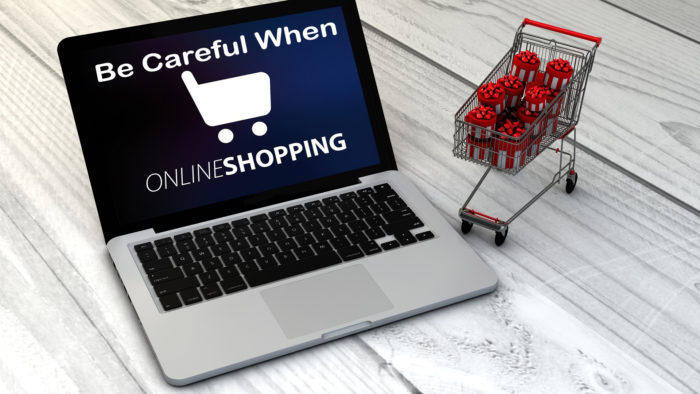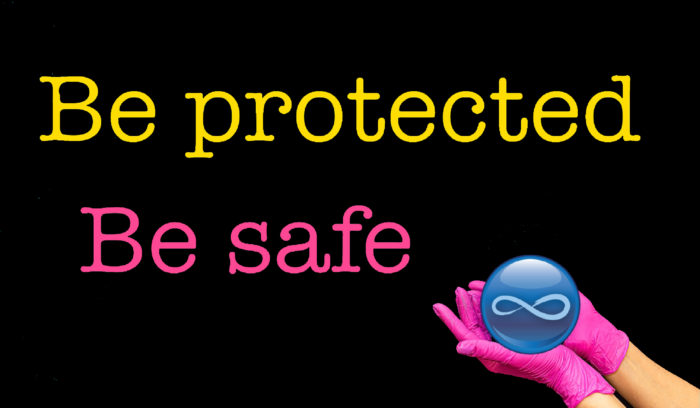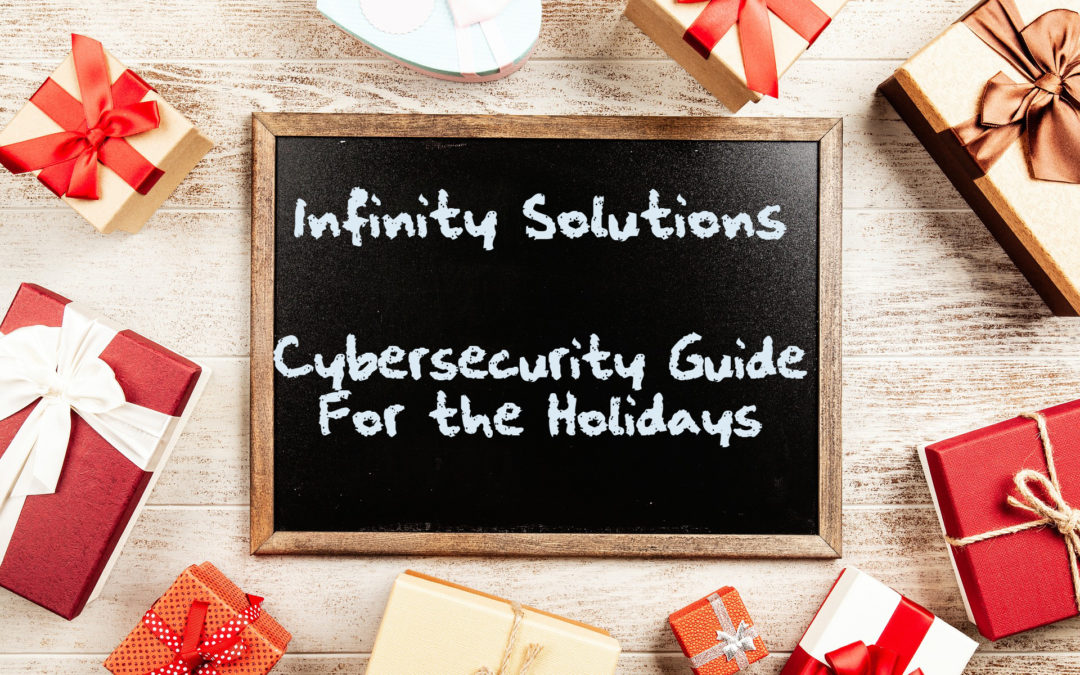In the year 2019, millions of dollars and people were scammed during the holidays by scammers and hackers worldwide. While many people who were robbed during these times were American, the hackers and scammers often weren’t. They used a wide variety of tactics to scare people into forking over their hard-earned Holiday money. We’ve created this holiday cybersecurity guide to help you know what you can do to take advantage of your security and keep your finances and personal information safe during this winter.
Table of Contents
The Most Popular Thing That Is Taken Advantage Of

One of the top tips we can give in this cybersecurity guide is to be careful and stay aware when shopping online. Image by Christian Schröder from Pixabay
One of the most important things you need to do is to pay attention to where you’re shopping, especially if you’re shopping online. Last year alone, in November up to January of 2020, more than 13.5 million ended up being earned by scammers due to shopping fraud – as they put up fraudulent websites or ripped people off who were shopping online. More importantly, some of them sold customer information to other vendors on the black market, thus causing a breach of security. They stole numerous types of information, including, but not limited to:
- Customer credit card numbers
- Email accounts and passwords.
- Financial account information and passwords.
- Hacking through remote desktop protocols and installing ransomware onto victim computers.
- Adding victims to the Botnet of hacker networks.
That’s a VERY Extensive Cybersecurity Guide!
Because of everything that’s going on these days, and with COVID, the hackers have stepped things up a notch, but they’re still stealing a lot of the same information. And small business owners are at an even higher risk!
How Can You Fight It?

Our cybersecurity guide will show you how to fight back against hackers. Image by Ryan McGuire from Pixabay
After last year, and because of the pandemic’s dawn, there have been numerous Cybersecurity campaigns that have been launched as a result. They want you to follow extra measures to secure your accounts from hackers better. Some things you can do are:
- Use an extremely strong password (and one that’s separate from other accounts) for your email.
- Do not use simple passwords or one for all of your accounts.
- You can save your passwords in your browser or using password management software.
- Enable additional authentication to increase your security.
- Keep your data backed up and all of your software as well as devices up to date.
These 6 steps alone can help you protect yourself, but they aren’t the only solution. While they can give you more protection during the holidays when it comes to cyberattacks, there are other things you can do to enhance your security – especially when you may now have to work remotely.
Speaking of Working Remotely

The next top tip of the holiday cybersecurity guide is to have a proper BYOD policy for remote workers and let a team of professionals help you with your cybersecurity solutions because nobody can afford to be breached. Image by Vinzent Weinbeer from Pixabay
With the pandemic, many people are getting hacked at home, and companies are getting hit hard because people’s home computers and networks are less secure than in many workplaces. Fortunately, our cybersecurity guide has solutions.
- Keep all devices that are used for work ONLY for work. This initial investment can have a huge but beneficial growth potential in the long run.
- Monitor all work through monitoring of some sort for your employees. Of course, it’s wrong to screenshot all of their activity for home use, but while they’re connected to work servers, all traffic to and from the office should be monitored heavily.
- Have a quality team of service providers install extra security measures on your business computers and even the work-at-home devices – such as strong malware protection, business networking protection, additional APIs for security in the workplace network, etc.
- Have regular remote meetings that help to train for cybersecurity. Not everyone knows how to stay protected.
- Make sure that employees don’t share or check work emails from their home computers that are unprotected.
Holiday Cybersecurity Guide Final Thoughts

If there is one thing we want you to take from this holiday cybersecurity guide, it is to be protected and be safe. Image by Ri Butov from Pixabay
It is not impossible to protect yourself from a cyber attacker that wants to get in badly. Unfortunately, numerous virus threats are emerging these days, and hackers are even using unorthodox methods to reach their victims. However, if you try to produce a high-quality security solution, they’ll not only be on the outside wishing they could look in, but they may be able to keep your data protected this Holiday season! We hope you’ve enjoyed this cybersecurity guide and if you have any technology needs or questions, please send us a message.


Recent Comments